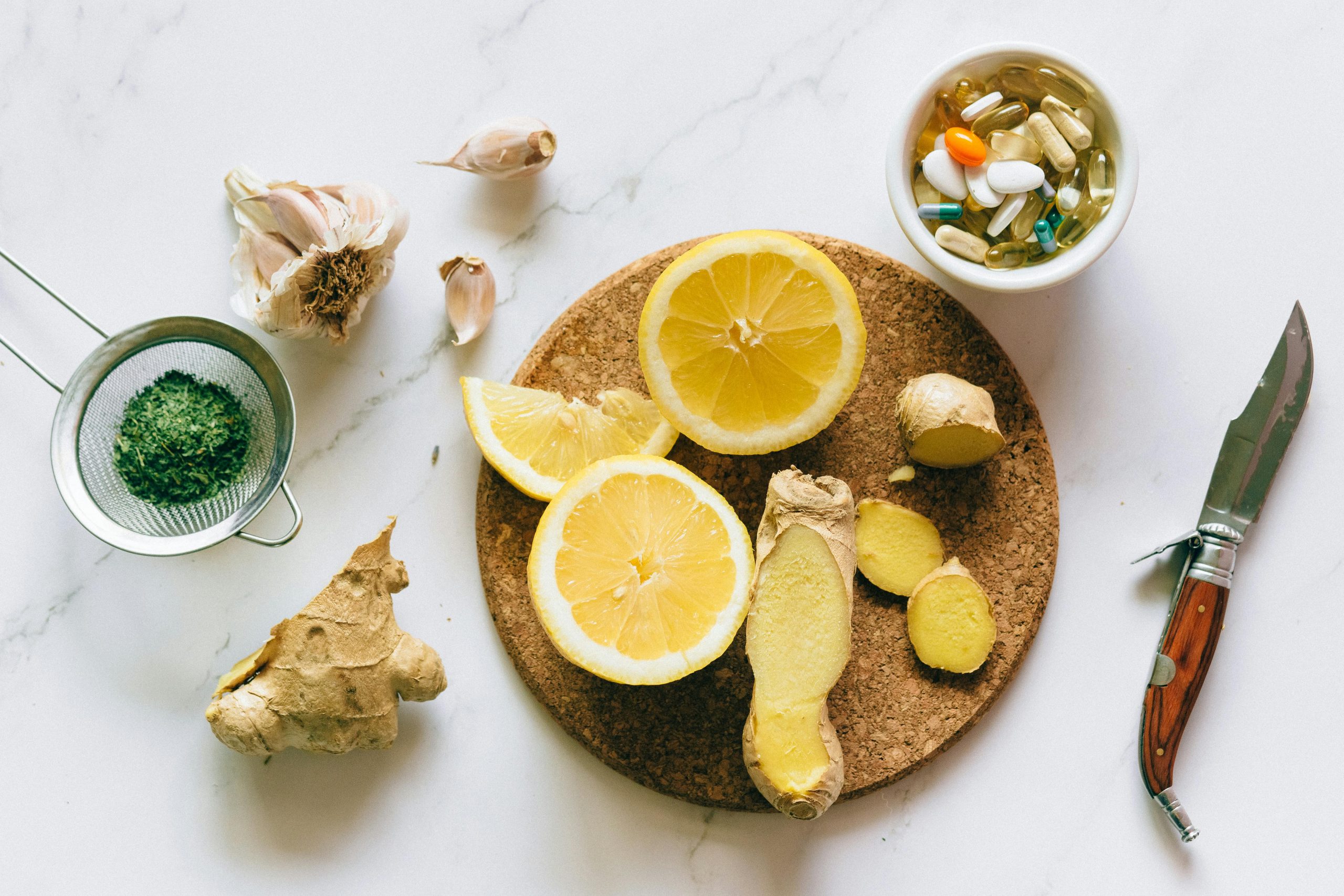
In a world where fast food has become the norm and stress levels have reached an all-time high, digestive issues are anything but rare. From bloating and indigestion to chronic gut disorders, it is often our gastrointestinal systems that bear the full brunt of our modern lifestyle. The solution, however, doesn’t always have to come in the form of synthetic pills or invasive procedures. These passed-down herbal remedies serve as a natural, effective way to enhance digestion and promote gut health. Now, let’s take a deeper look into the top herbal remedies to improve digestion and why they work, based on science and tradition.
1. Ginger: The King of Digestion
Centuries have passed using ginger, and it is considered one of the main digestive remedies according to Ayurveda, Chinese, and Western herbal medicine. The active ingredients present in ginger, such as gingerol and shogaol, enhance saliva, bile, and gastric enzymes, promoting digestion. Ginger alleviates nausea, bloating, and indigestion, which makes it one of those plants that should not be missing in your kitchen.

How to Use:
- Make a fresh ginger tea by infusing thinly sliced pieces in hot water.
- Add grated ginger to soups, stews, or smoothies.
- Take ginger supplements if you prefer a concentrated form.
Research Says:
A 2011 study published in the World Journal of Gastroenterology found that ginger accelerates gastric emptying, reducing symptoms of indigestion. Its anti-inflammatory properties also soothe an irritated stomach lining.
2. Peppermint: Nature’s Gut Relaxer
Peppermint-Mentha piperita-is one of the first herbs reached for when there is an issue with digestion. The menthol helps to relax the smooth muscles of the gastrointestinal tract, which reduces bloating, gas, and spasms. It is great for people who suffer from irritable bowel syndrome.
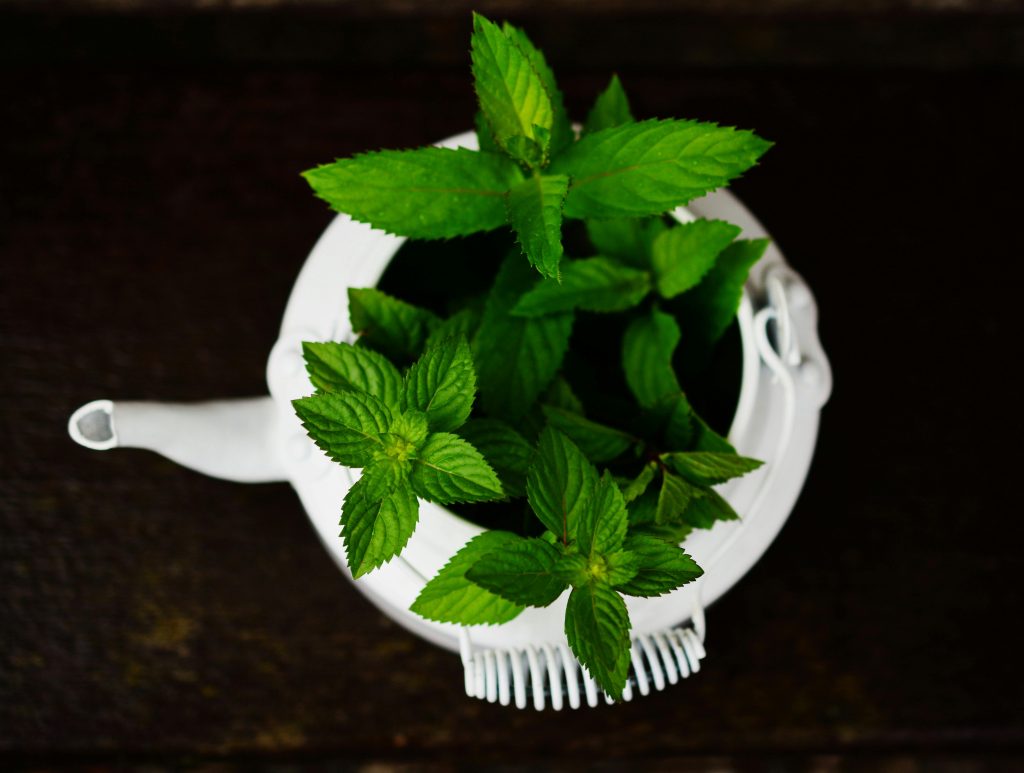
How to Take:
- Drink peppermint tea after dinner.
- Put a drop of food-grade peppermint essential oil in a glass of warm water.
- Munch fresh leaves for a quick fix.
Research Says:
A 2019 meta-analysis in BMC Complementary Medicine and Therapies confirmed that peppermint oil improves IBS symptoms significantly, modulating gut motility and inflammation.
3. Fennel Seeds: The Gas Buster
Fennel seeds of Foeniculum vulgare are often served after meals in most cultures due to a good reason. Fennel seeds contain anethole, relieve gas, cramps, and bloating. They increase the production of digestive enzymes and reduce intestinal spasm.
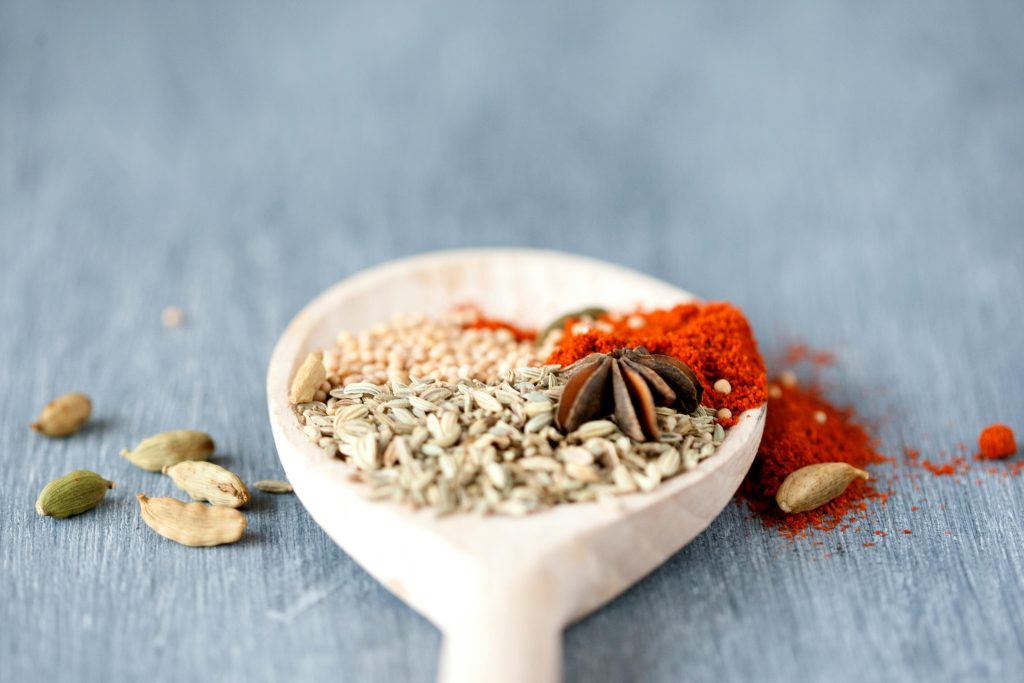
How to Use:
- Chew a teaspoon of fennel seeds after eating.
- Make fennel tea by steeping crushed seeds in hot water.
- Use fennel powder in your cooking.
Research Says:
A study in the Journal of Food Biochemistry, 2020, pointed out the gut muscle-relaxing properties of fennel and its anti-flatulent potential.
4. Chamomile: The Gut Soother
Chamomile is known for its calming effects, but there’s more to it than just helping you sleep. Chamomile soothes an upset stomach, reduces acid reflux, and helps with symptoms of gastritis.

How to Use:
- Drink chamomile tea 30 minutes before bedtime.
- Add dried flowers of chamomile to soups or stews for flavor and health benefits.
Research Says:
According to the Molecular Medicine Reports journal in 2019, chamomile has anti-inflammatory and antimicrobial properties, hence being able to cure gastrointestinal discomfort.
5. Turmeric: The Inflammation Fighter
Turmeric is a powerhouse herb with the active compound curcumin. Curcumin fights inflammation and increases the secretion of bile, further aiding in fat digestion, preventing indigestion, and absorbing the nutrients from the food one consumes.
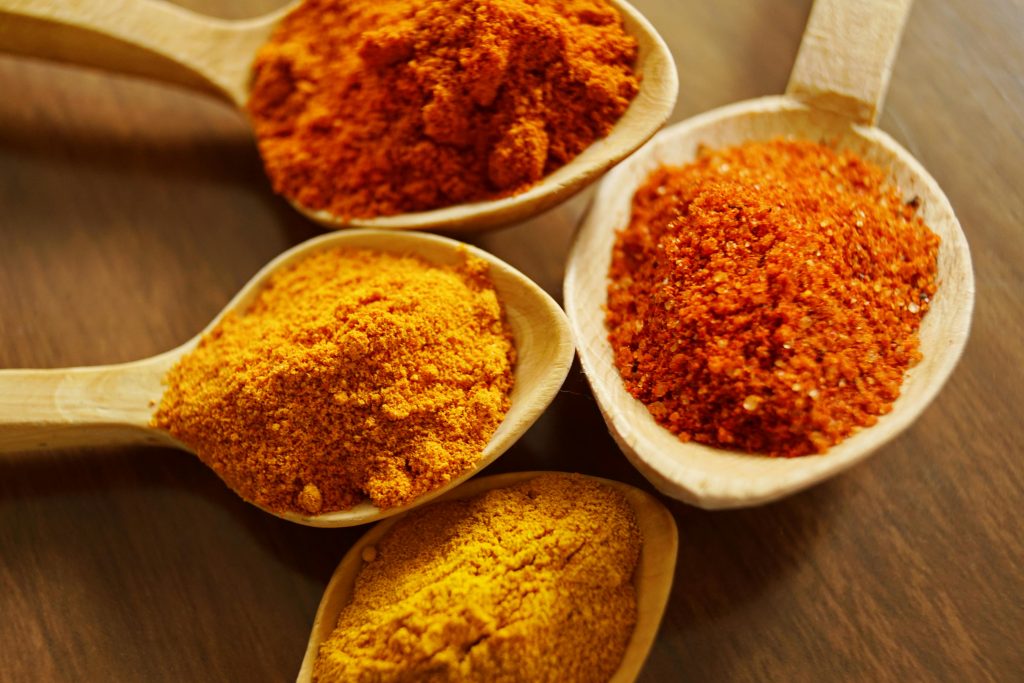
How to Use:
- Add turmeric powder to your curries, soups, or golden milk.
- Take supplements with curcumin.
Research Says:
In a 2017 study in the journal Frontiers in Pharmacology, curcumin was found to shield the gut lining and facilitate improvement in gut microbiota-essential in digestion.
6. Licorice Root: The Stomach Shield
Licorice root, scientifically known as Glycyrrhiza glabra, is a soothing digestive herb that shields your stomach lining, lowers acid reflux, and battles ulcers. For digestion, it is best administered in its deglycyrrhizinated form called DGL.

How to Use:
- Chew DGL tablets before meals.
- Brew licorice tea using the dried root.
Research Says:
The Journal of Herbal Medicine (2020) says that licorice root significantly reduces inflammation in the stomach and accelerates ulcer healing.
7. Aloe Vera: The Gut Healer
Aloe vera is not only good for burns and skin care. The gel that forms its interior soothes the digestive tract, from inflamed tissues to relieving constipation and keeping the gut microbiome healthy.

How to Use:
- Take 2 tablespoons of aloe vera gel mixed in water on an empty stomach.
- Use aloe vera juice as a refreshing drink before meals.
Studies have said,
A 2018 study appearing in the Journal of Neurogastroenterology and Motility confirmed aloe vera’s efficacy in reducing IBS symptoms, along with improving stool consistency.
8. Dandelion Root: The Liver Lover
Dandelion root: Taraxacum officinale supports liver function, important for digestion. It encourages the production of bile, which aids the body in breaking down fats and absorbing nutrients more effectively.
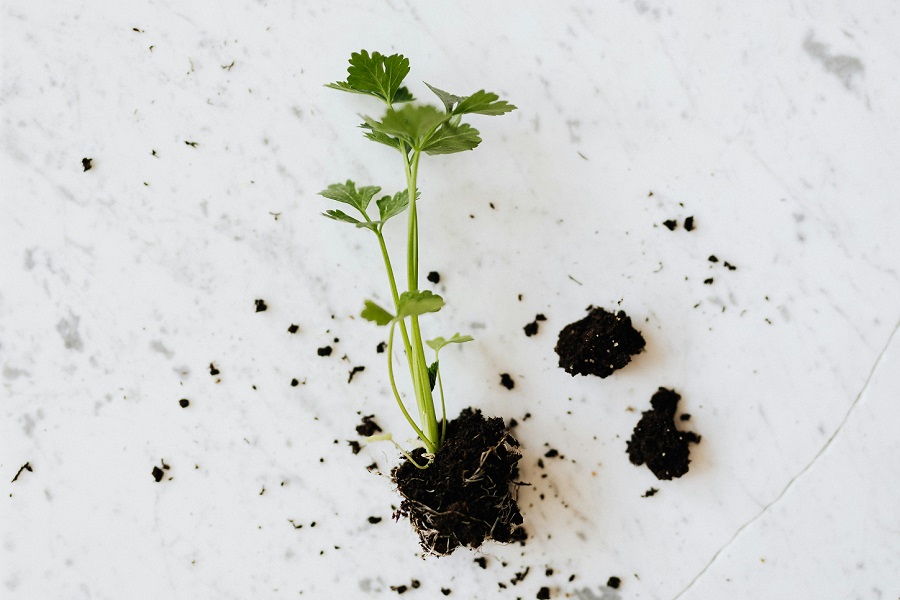
Usage:
- Dandelion root can be made into a tea by simmering dried roots in water.
- Dandelion root powder can be added to smoothies or coffee substitutes.
What Research Says:
Nutrition Reviews published a 2019 study discussing the prebiotic action of dandelion that promotes gut health and helps in digestion.
9. Slippery Elm: The Gut Lubricant
Slippery elm, or Ulmus rubra, becomes a gel when mixed with water and covers the inside of the digestive tract. It is highly effective for acid reflux, constipation, and even IBS.
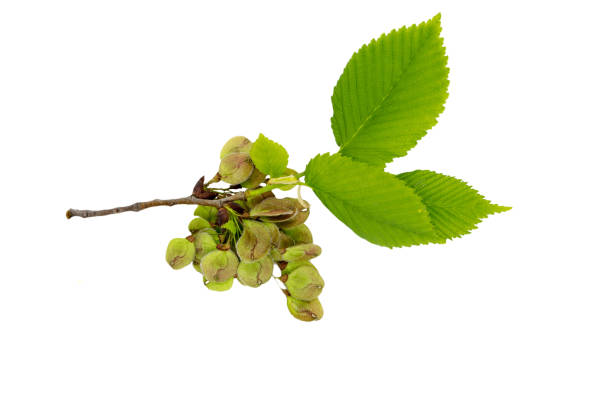
How to Use:
- Mix slippery elm powder into water or herbal tea.
- Take it as a supplement for regular use.
Research Says:
The Journal of Alternative and Complementary Medicine, 2021, commended slippery elm for its mucilage content that shields the gut lining and cuts down inflammation.
10. Cumin: The Digestive Dynamo
Cumin is a spice, Cuminum cyminum, used in Ayurvedic medicine for ages to improve digestion. It enhances digestive enzymes, reduces bloating, and prevents the formation of gas.
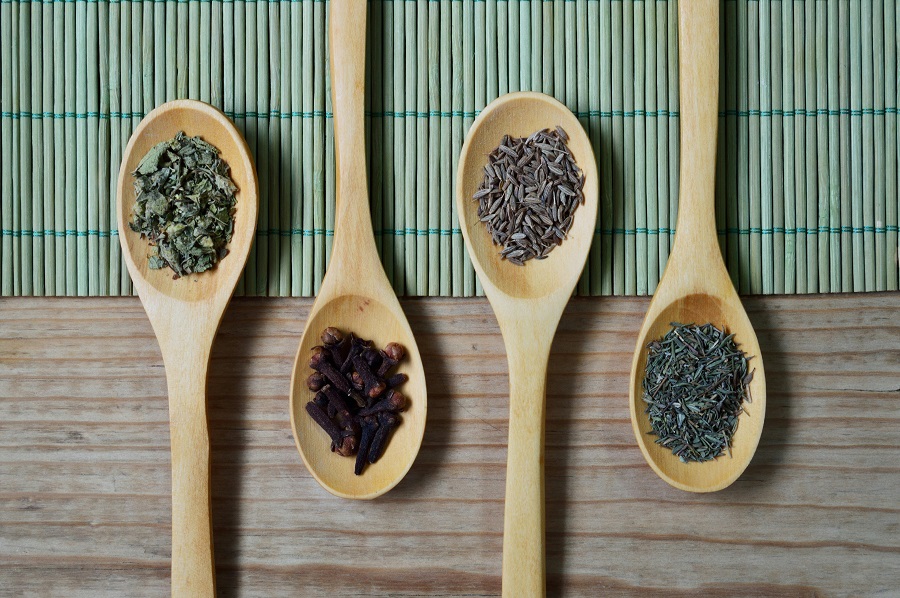
How to Use:
- Add cumin seeds or powder to your meals.
- Drink cumin water by boiling seeds and letting them steep.
Research Says:
A 2018 study in Phytotherapy Research showed that cumin improves digestive enzyme activity and reduces symptoms of IBS.
Practical Tips on Herbal Digestion
While these herbs will do their magic, changing certain things in your life will give you maximum results. Here’s what you can do:
- Hydrate: Water helps in digestion and prevention of constipation.
- Eat Slow: You will be giving a head start for digestion with proper chewing.
- Limit Processed Foods: Consume whole, fiber-heavy foods to support your gut.
- Exercise Regularly: It triggers the movement of the gut.
Conclusion
Herbal remedies are not mere folklore; they are scientifically supported and centuries of practical use. From the fiery ginger to the soothing aloe vera, these herbs will revolutionize digestion and offer relief and balance to your gut. As you begin to dive into these natural options, remember to consult a healthcare provider, especially if you have underlying conditions or are on medications.
Well, nature has indeed got your back for improving digestion. Take small steps, try these remedies, and let your gut be your guide. After all, good health begins in the belly.

Wow, I love this.
I’ve been using turmeric powder regularly and aloe vera for my skin, but I had no idea aloe vera offered even more health benefits. Definitely trying it out for digestion. Nature really is powerful.
Nice share!